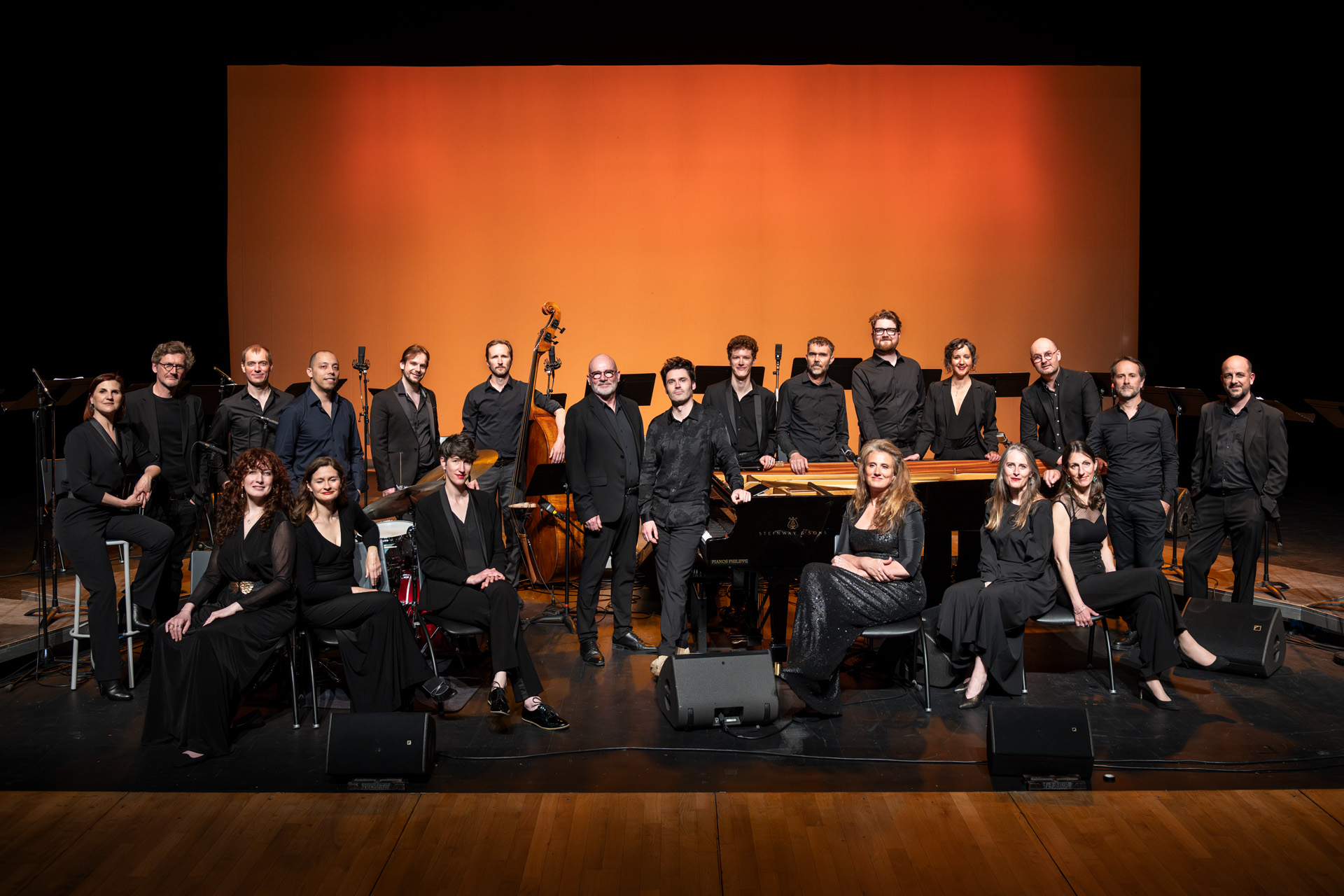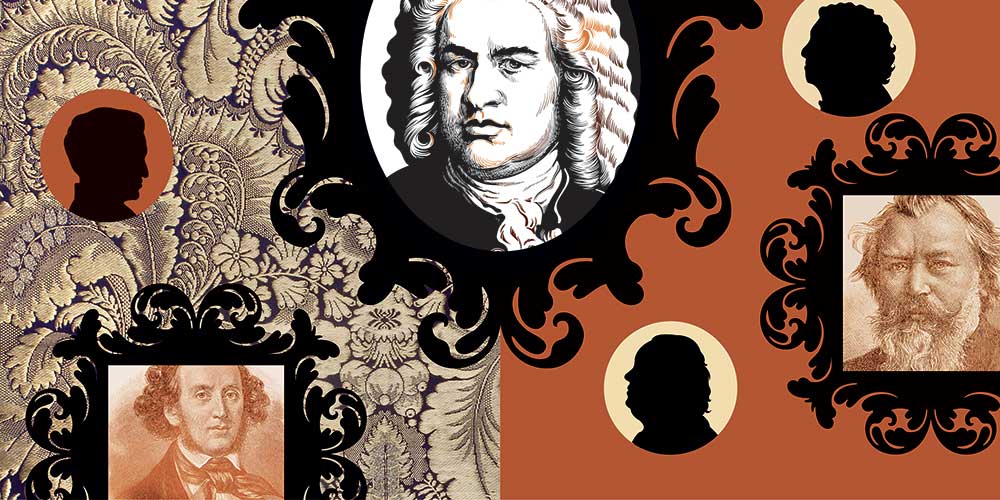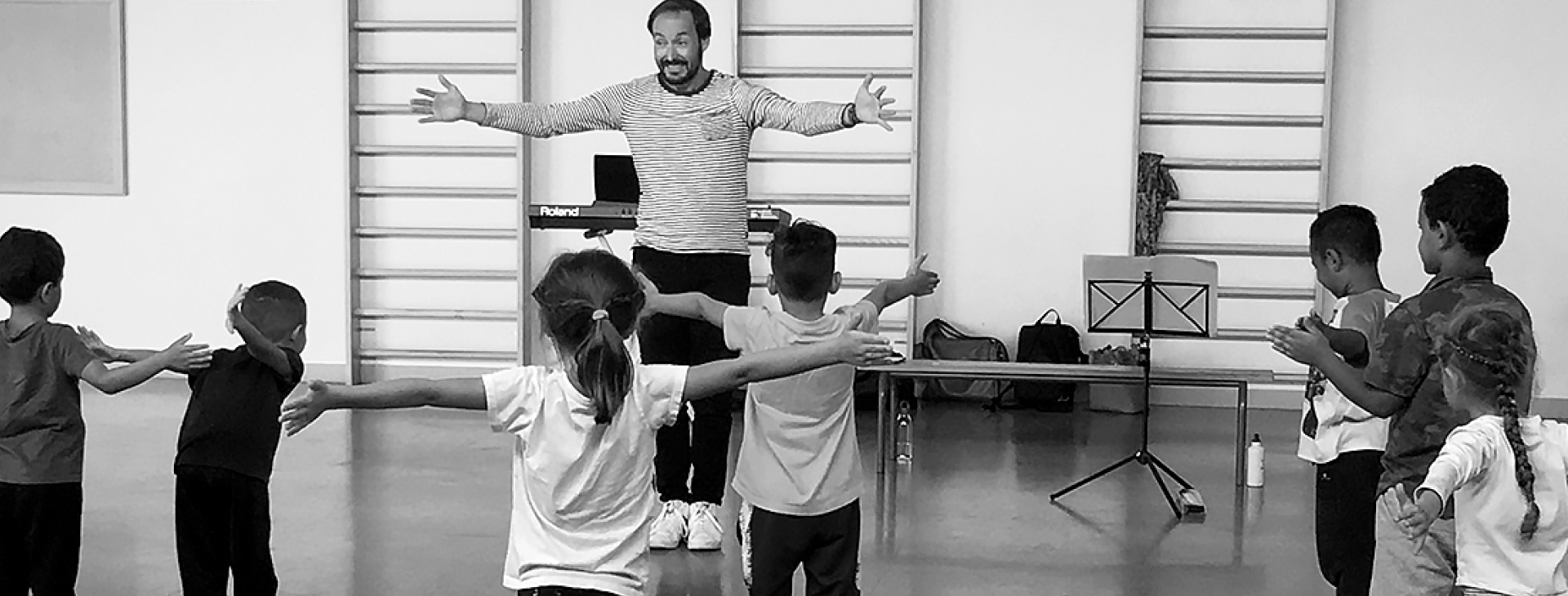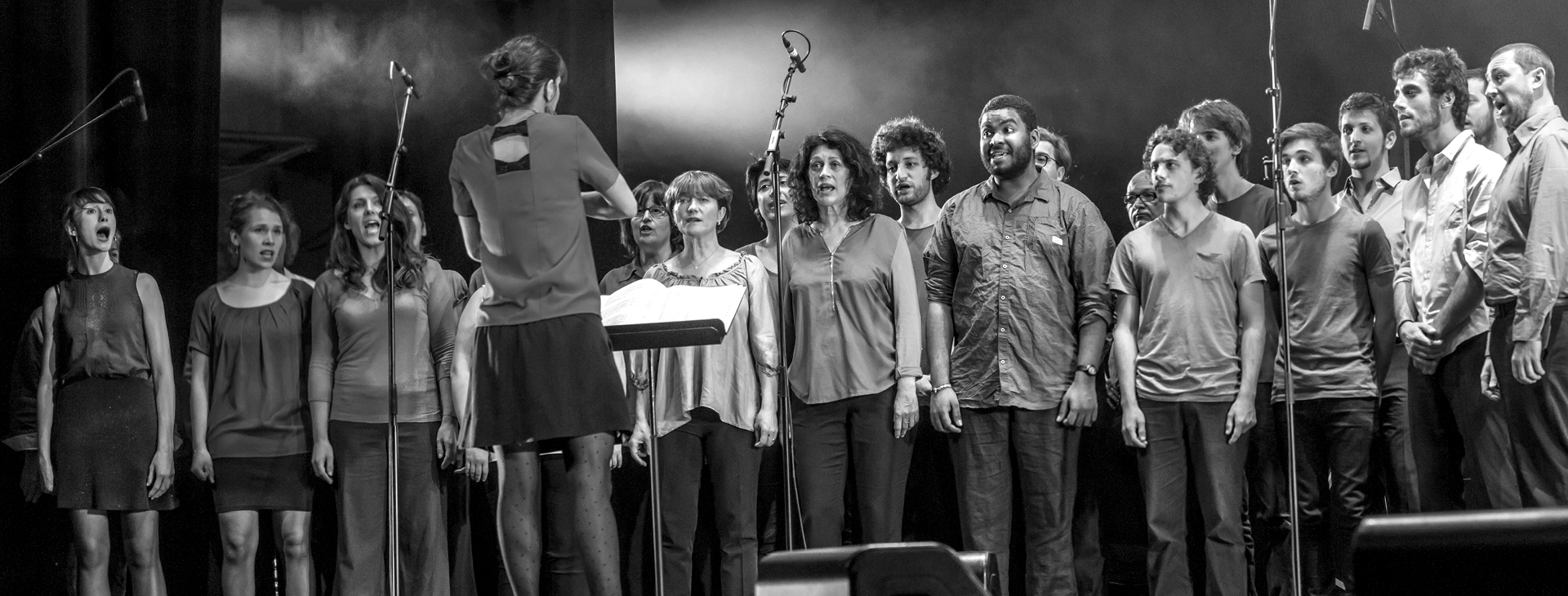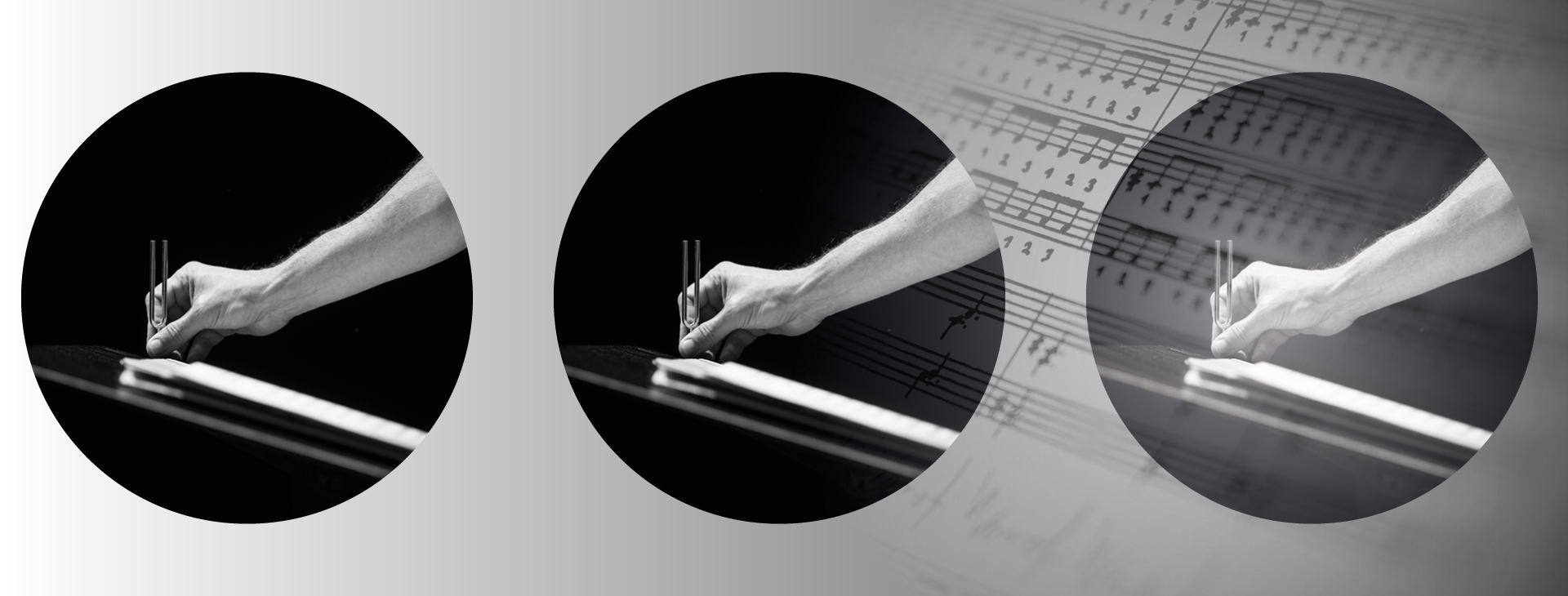
Les Éléments
JOËL SUHUBIETTE
Depuis sa création en 1997 à Toulouse,
du répertoire ancien à la création contemporaine, le chœur de chambre Les Éléments poursuit, sous l’impulsion de son fondateur Joël Suhubiette, un projet musical exigeant.
À la une
Toutes les actualitésNouveaux programmes
Tous les programmesTransmission
Sensibiliser chacun à l’écoute et à la pratique du chant choral à travers une expérience vocale unique… tel est le sens des actions engagées par le chœur de chambre Les Éléments auprès du public, des scolaires, des étudiants ou dans les milieux hospitaliers...

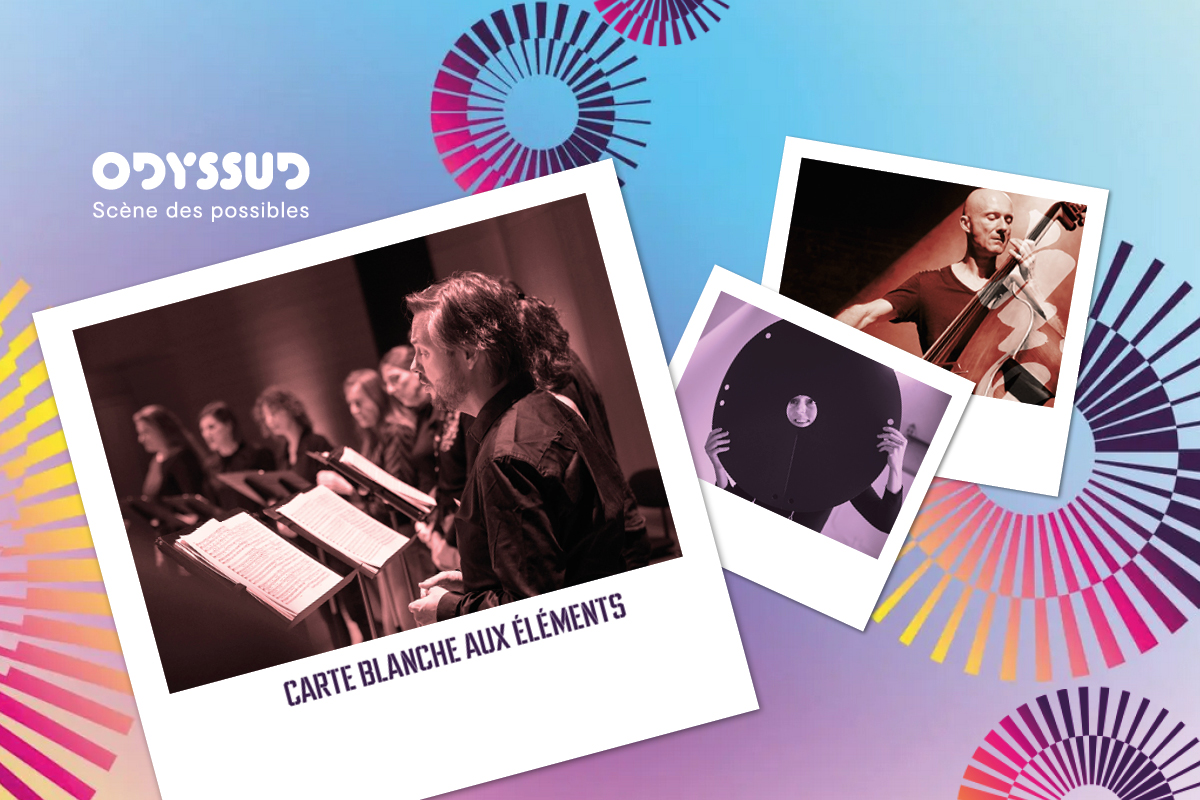
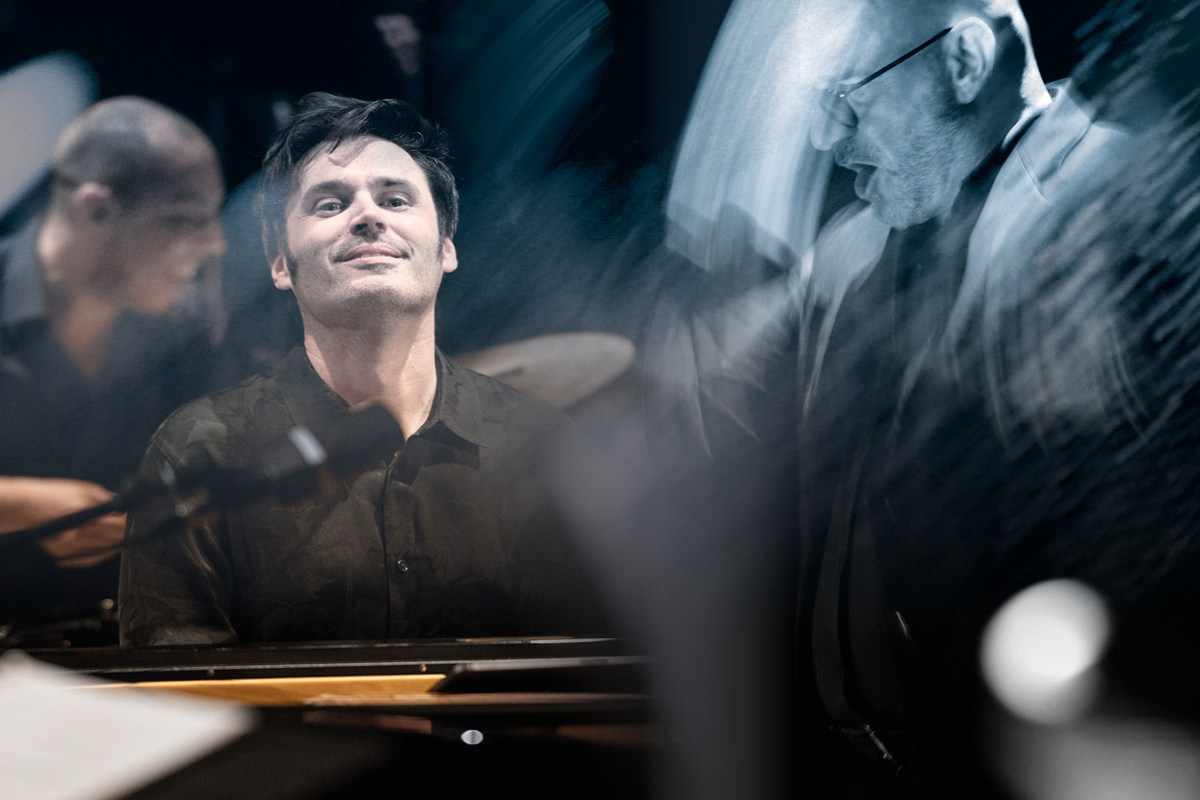
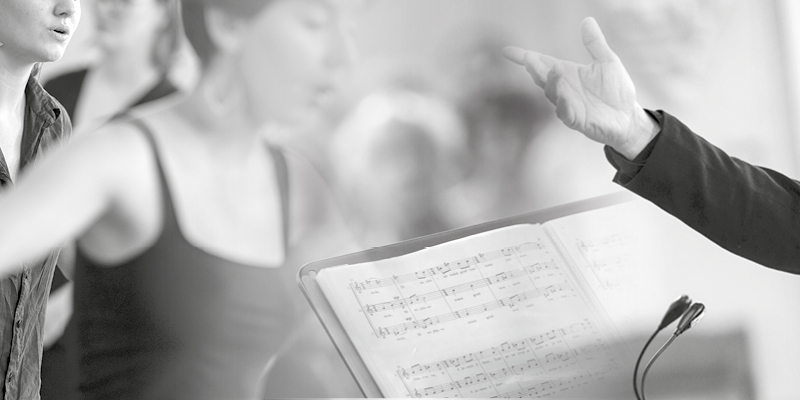
 18:00
18:00